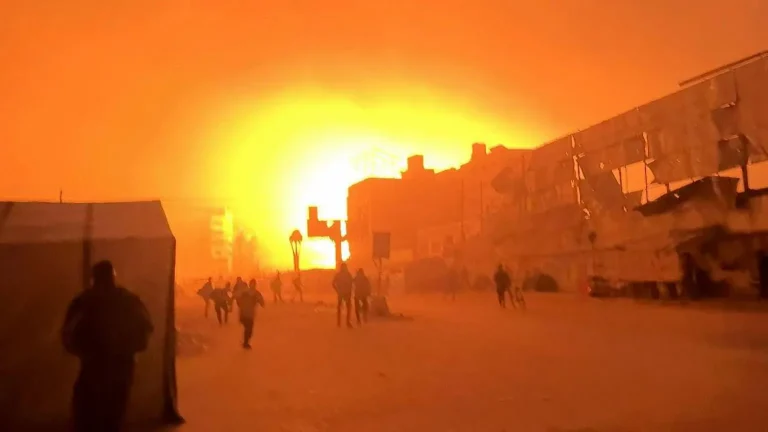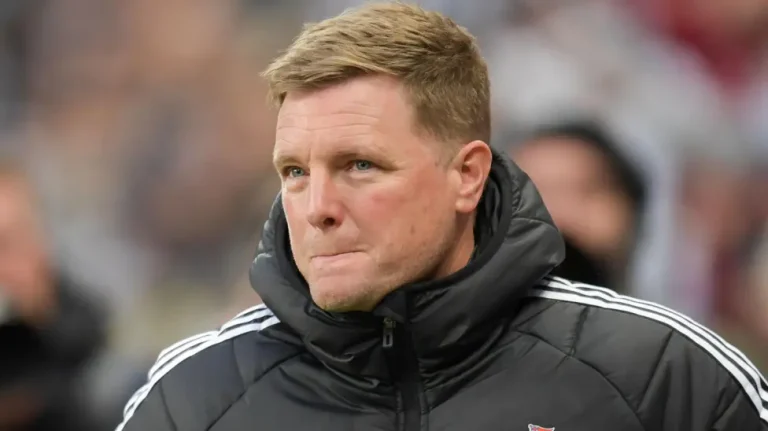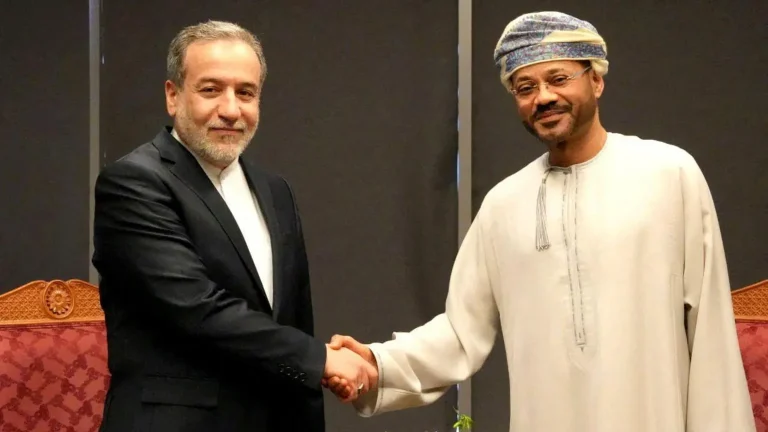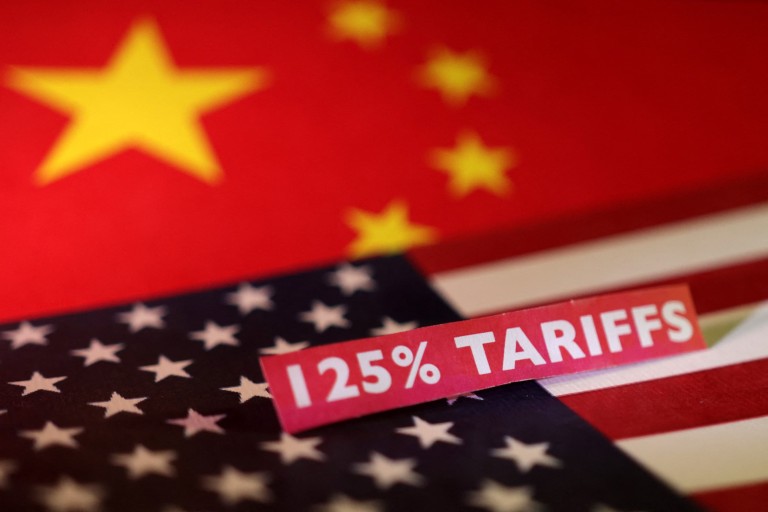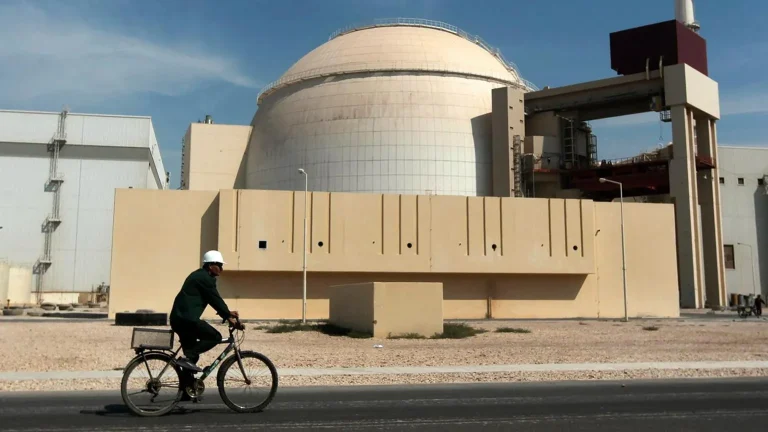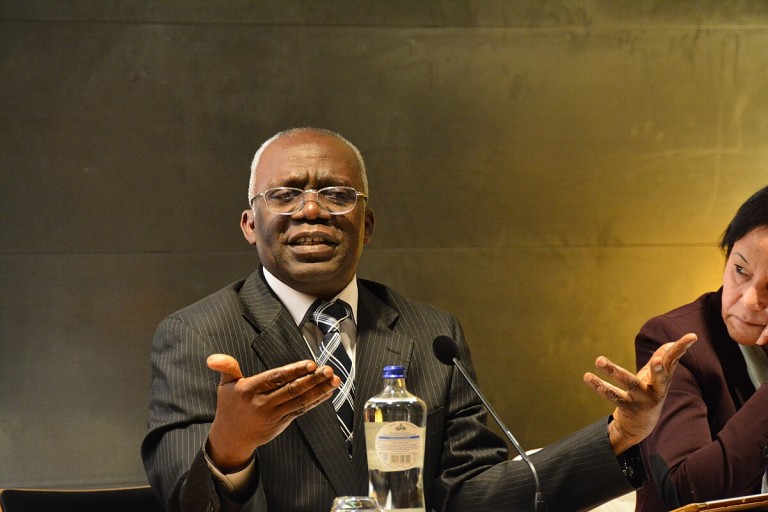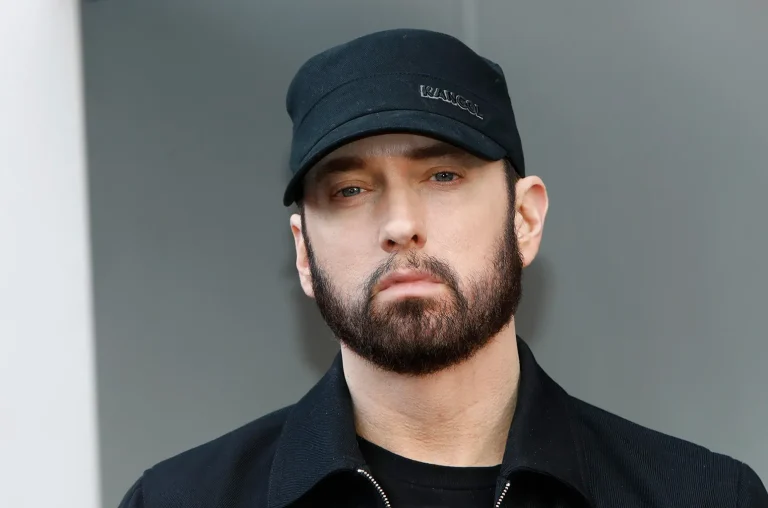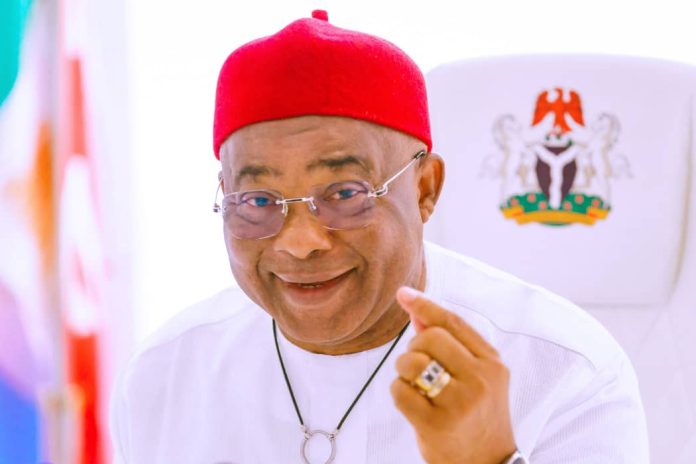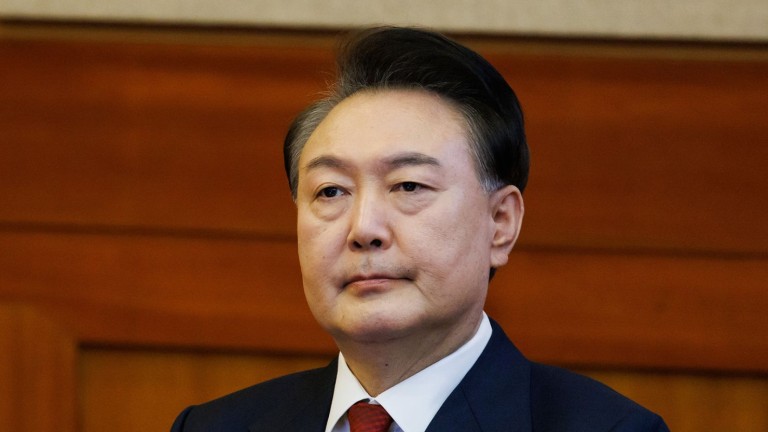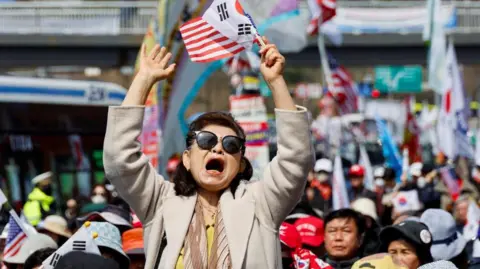3 mn readThe renewed US-Iran nuclear talks in Muscat, Oman, mark a critical moment in global diplomacy, as both sides cautiously explore the possibility of a new nuclear deal amid escalating tensions, military threats, and regional anxiety—particularly from Israel.
🔍 What’s at Stake?
The talks are an attempt to revive negotiations following Donald Trump’s 2018 withdrawal from the Joint Comprehensive Plan of Action (JCPOA). That move, which reimposed crippling sanctions on Iran, led to a sharp escalation in Iran’s nuclear activity and a deterioration in US-Iran relations.
Now, with Trump once again spearheading US foreign policy, he has signaled that failure to reach a new agreement could result in military action, a warning that’s caused ripples across the region.
⚛️ Why Is Iran’s Nuclear Program Controversial?
Iran maintains that its nuclear program is purely civilian—for electricity, medicine, and research. However, since it was discovered in 2002 that Iran had secret nuclear facilities, international trust has eroded. The IAEA and several countries suspect Iran could be trying to develop nuclear weapons, despite its commitments under the Nuclear Non-Proliferation Treaty (NPT).
Under the JCPOA, Iran was restricted to enriching uranium only to 3.67% purity and holding no more than 300kg of enriched uranium. But in response to the US exit from the deal, Iran has ramped up enrichment—now reaching 60% purity, dangerously close to the 90% threshold needed for weapons-grade uranium.
As of March 2025, Iran had 275kg of 60% enriched uranium—enough for approximately six nuclear weapons, if further enriched.
🇺🇸 Why Did Trump Withdraw from the JCPOA?
Trump criticized the 2015 deal as:
- Too limited in scope
- Time-bound (set to expire in 15 years)
- Silent on Iran’s ballistic missile program
- Allowing sanctions relief that Iran could use to fund militancy
His “maximum pressure” strategy sought to force Iran back to the table for a broader agreement, one that would also target its regional influence and missile capabilities. Trump’s hardline stance was cheered by allies like Israel, which views a nuclear-armed Iran as an existential threat.
🇮🇱 What Does Israel Want?
Israeli Prime Minister Benjamin Netanyahu has expressed skepticism about any deal that doesn’t fully dismantle Iran’s nuclear program. He warned against Trump accepting a compromise that leaves parts of Iran’s nuclear infrastructure intact.
Israel’s ideal outcome? In Netanyahu’s words:
“We go in, blow up the facilities, and dismantle all the equipment, under American supervision and execution.”
Israel, which is widely believed to possess nuclear weapons (though it neither confirms nor denies it), sees Iran as a major regional adversary and fears any deal that could allow Tehran to inch closer to nuclear capability.
🧨 Could There Be a Military Strike?
Yes, but the consequences would be enormous:
- Iran’s key nuclear sites are fortified and buried underground—reachable only by the most advanced bunker-buster bombs, which only the US possesses.
- A strike could trigger retaliation from Iran, including attacks on US military bases and Israel.
- US operations would likely need to involve Gulf allies like Qatar, but regional cooperation is far from guaranteed due to the risk of retaliation and further destabilization.
🤝 Are Talks Doomed or Hopeful?
So far, the US insists on full dismantlement of Iran’s nuclear capabilities, while Iran is demanding a halt to military threats and insists on sanctions relief.
Iranian Foreign Minister Abbas Araghchi has said talks will be indirect, and no progress is likely unless the US first renounces the threat of force.
🧭 What Happens Next?
- If Trump succeeds in securing a “better deal,” it could significantly shift Middle East dynamics—but doing so without war requires unprecedented diplomatic finesse.
- If talks break down, military confrontation becomes more likely, with potentially devastating consequences for the region and global energy markets.
- The clock is ticking, especially with Iran’s nuclear breakout time reportedly as short as a week for weapons-grade uranium enrichment.
Would you like a side-by-side breakdown of the old JCPOA vs Trump’s demands for a new deal?


